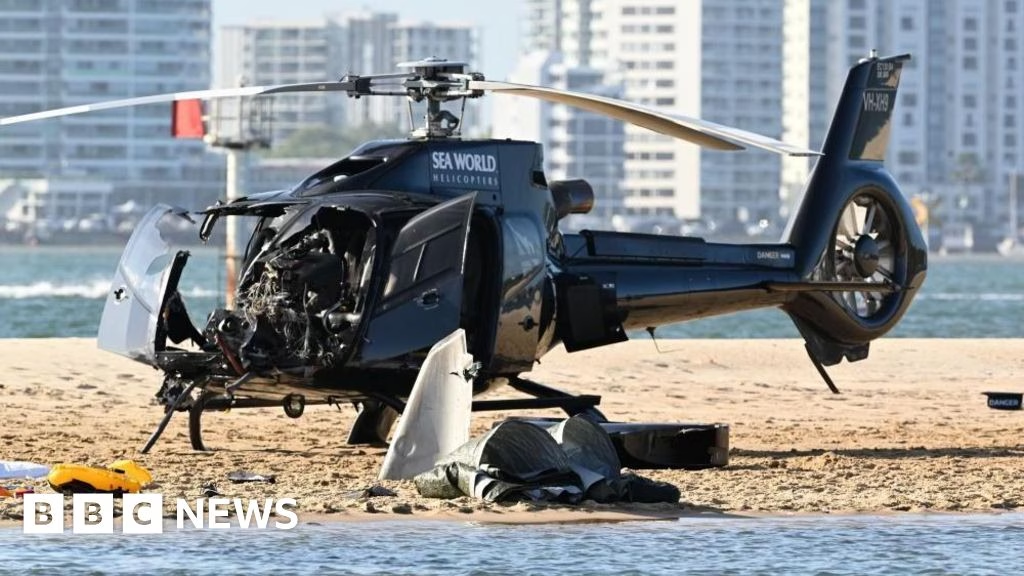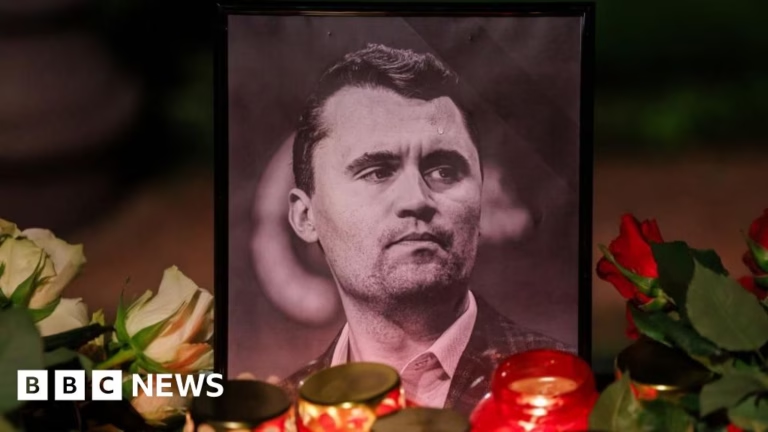A faulty radio antenna played a significant role in a tragic mid-air helicopter collision at an Australian theme park and resort in January 2023, according to transport safety officials. The incident, which occurred near Sea World on the Gold Coast, resulted in the deaths of four individuals, including two British tourists, and left several others seriously injured. The collision happened when the two helicopters intersected shortly after one took off and the other was landing. Those who lost their lives were all aboard the helicopter that had just taken off, while the other managed to make an emergency landing with passengers suffering various injuries.
The investigation conducted by Australia’s Transport and Safety Bureau (ATSB) revealed that one of the pilots did not hear a crucial radio call before the accident. Furthermore, the report highlighted that a series of changes implemented by Sea World over time had eroded key risk controls. The introduction of a second helipad location and the use of larger Eurocopter EC140 B4 helicopters were among the modifications that contributed to the accident. These changes inadvertently created conflict points between launching and departing helicopters, compromising traffic separation and safety protocols.
The investigation also found that the helicopter preparing for takeoff had a faulty antenna, which prevented the pilot from receiving a taxiing radio call. This call would have alerted the pilot to the presence and potential threat of the arriving helicopter. Consequently, the pilot of the incoming helicopter, who had seen the other aircraft on the ground, did not consider it a risk, as the lack of information from the taxiing call led to a false sense of safety.
Among the victims were Diane Hughes, a 57-year-old woman from Neston, Cheshire, and her 65-year-old husband Ron. The couple had recently married in 2022 and were on holiday visiting relatives after being separated during the COVID pandemic. Vanessa Tadros from Sydney and pilot Ashley Jenkinson were also among the fatalities. Additionally, six individuals suffered serious injuries, while three others sustained minor injuries in the crash.
Following the incident, passengers on the returning flight praised the pilot’s heroic actions in landing the helicopter safely. The ATSB ultimately made 28 findings from the investigation, highlighting several key lessons for operators and pilots. According to ATSB Chief Commissioner Angus Mitchell, the most crucial lesson is that changes to aviation operations, even those intended to improve safety, can have unforeseen consequences. Therefore, it is crucial to implement a defined process for managing changes to aviation operations to ensure overall safety is not compromised.
Source: https://www.bbc.com/news/articles/czrvvgp751xo








